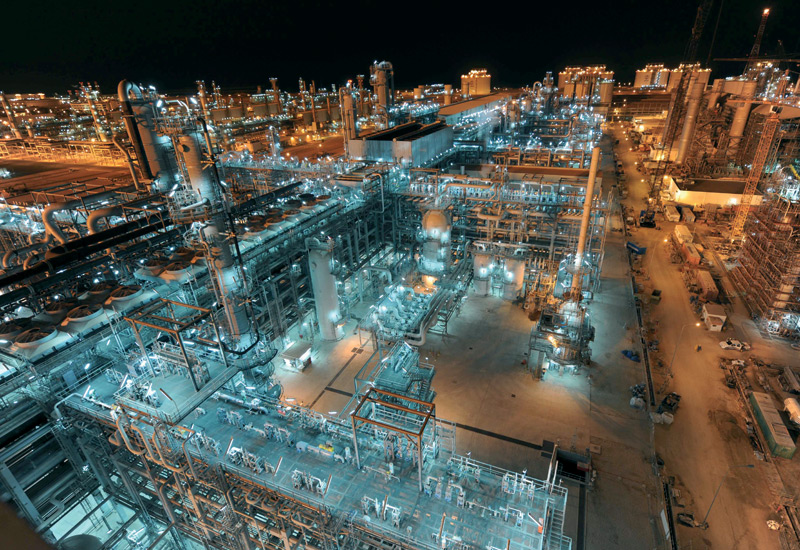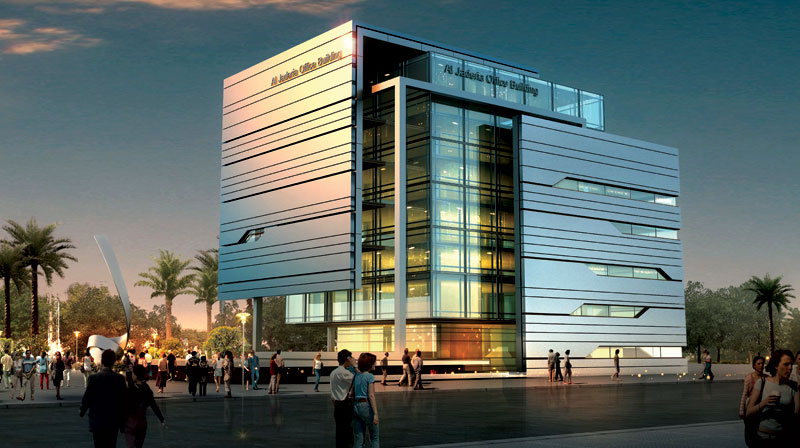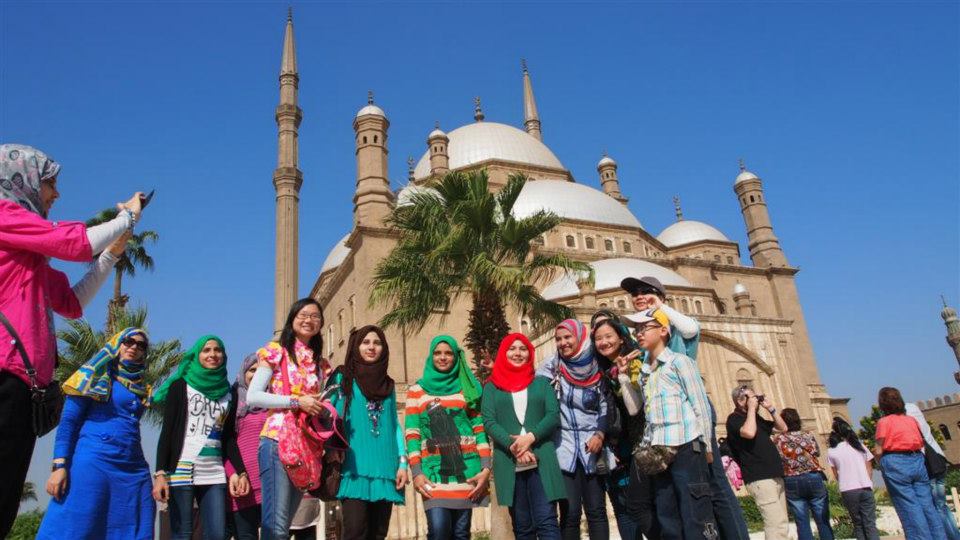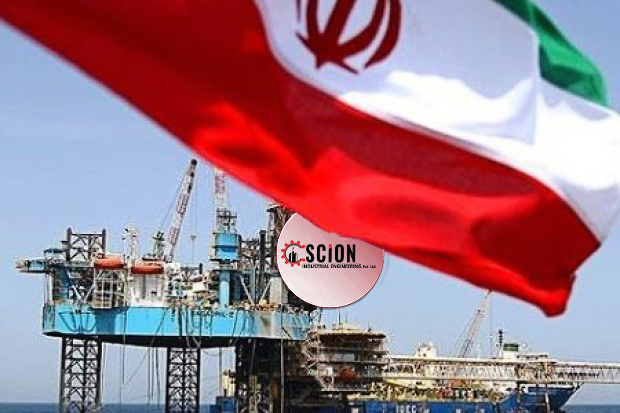The Ministry of Electricity is please to invite local, regional and international Independent Power Producers (IPP) to submit Expressions of interest (EOI) to embark into a proposed reverse auctioning round for SEVEN (7) Green field solar PV IPP projects (each a “project”) with a potential combined capacity of 755MWp.
A project involves the design, finance, construction operation and maintenance of a utility scale solar power project to the Ministry on a Build, Own and Operate (BOO) basis. A dedicated Special Purpose Vehicle (SPV) shall be established to undertake the construction and operation of each project.
The Ministry, in its commercial capacity as a grid operator, will connect the SPV to the Iraqi transmission grid under a Transmission Connection Contract (TCC) and, in its capacity as owner of the land, will lease the land to the SPV under a Land Lease Contract (LLC). Also, the Ministry will purchase produced electricity from the SPV under the terms of the power purchase Contract (PPC).
The Ministry expects these project(s) to employ around 1300 people in the Republic of Iraq and supply more than 250,000 households with critically needed electricity supply.
The following projects are available :
Sawa-1 Solar PV IPP with a capacity of 30 MWp to be located in Muthana Province,
Sawa-2 Solar PV IPP with a capacity of 50 MWp to be located in Muthana Province,
Khidhir Solar PV IPP with a capacity of 50 MWp to be located in Muthana Province,
Iskanariya Solar PV IPP with a capacity of 225 MWp to be located in Babil Province,
Jissan Solar PV IPP with a capacity of 50 MWp to be located in Wassit Province,
Karbala Solar PV IPP with a capacity of 300 MWp to be located in Karbala Province,
Al-Diwania Solar PV IPP with a capacity of 50 MWp to be located in Diwania Province,
The above project(s) may, at the Ministry’s discretion, be tendered on a standalone basis or grouped. For the proposed tender, the Ministry will conduct a transparent, fair and competitive reverse auctioning process to select a developer or a consortium for a single or a group of project(s).
Parties interested in participating (the “respondent”) in the process must fulfill the following pre- requisites for short listing:
Successful, proven and verifiable technical and financial capability and experience of no less than 10 years in developing renewable energy IPP Project(s) of no capacity less than 50 MW on an individual and not collective project basis, particularly utility scale solar PV projects.
An average annual turnover of more than US$ 10 Million for the last three years solely from revenues obtained via renewable energy projects development and operatorship, preferable majorly from solar PV projects.
Previously awarded projects should have been tendered according to the Public Private Partnership (PPP) model on similar auctions regionally or globally.
The respondent must have registered and licensed official regional and international offices.
The respondent must demonstrate previous initiative towards social responsibility and willingness to contribute to capacity building, to integrate local content, and to support the nascent renewable energy manufacturing and service sectors in the republic of Iraq.
The respondent must have never been barred by the Government of the Republic of Iraq, or any entity controlled or regulated by them, from participating in any project or conducting work of any form in the Republic of Iraq, including the Kurdistan region of Iraq. Also this applies to any other government, or any entity controlled or regulated by any other government.
Respondents that fulfill the requirements above shall express their interest to participate in the tender process by 29 April.2019 and the finnnal time to receive the (IPP) documentation 60 days from the announced date.
The number call of is MOE- HQ5/ 2019 An package (the “package”) must be sent in electronic copy format (a single PDF file) from an official business email address to 32_contracts@moelc.gov.iq
The requirements set herein;
Name of the respondent
Name and contact details (Postal address, telephone number, and email address) for the appropriate point of contact (Point of Contact) to whom future correspondence may be sent; and
Where the respondent is considering potential consortium partners, an indication of such intention and details of potential consortium partners (to the extent it is known).
The Ministry will not consider any proposals or packages submitted by mail, in person, or via liaison.
The following submission of the EOI, and after passing this stage this stage the respondent will bay the documentation (RFQ). The RFQ will include further information, including a description of the project(s), an outline of the tender process and eligibility criteria for pre- qualification.
The announcement shall not constitute in any way a commitment by the Ministry to proceed with the next stage, hold the proposed reverse auction, announce the tender, award any project or comply with the information provided herein. The Ministry retains the right to amend the scopes of the project(s), modify, extend, cancel or suspend the project(s), at any time for any reason without clarification or any liabilities for the Ministry or any other entity of the Government of the republic of Iraq.
This announcement shall be considered a complementary and integral part of the Project(s) Documentation.
Source:https://www.iraq-businessnews.com/2019/05/09/investment-opportunities-7-solar-energy-projects/









